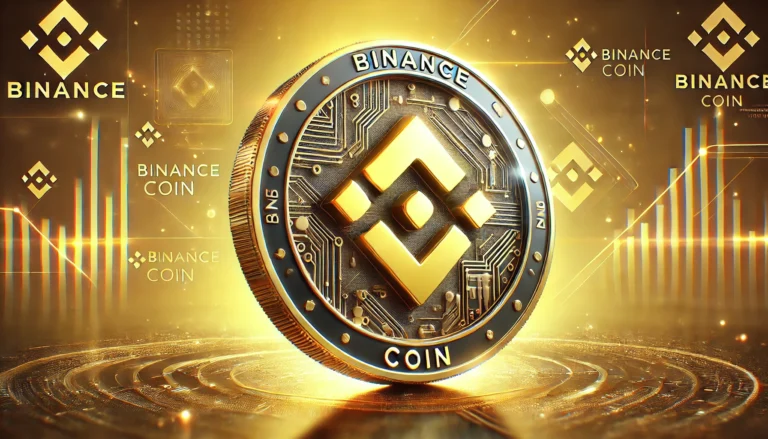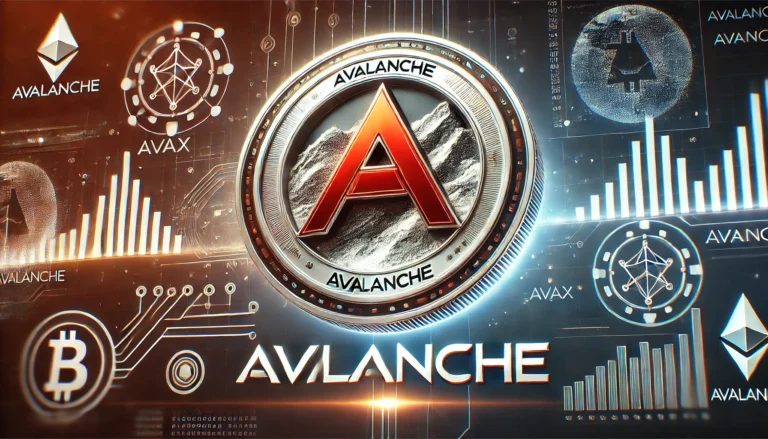Ethereum (ETH) World: A Beginner’s Guide

Introduction
Welcome to the world of Ethereum, a leading cryptocurrency that’s revolutionized the way we think about digital assets and blockchain technology. Whether you’re new to the crypto space or looking to deepen your understanding, this guide will walk you through the essentials of Ethereum, its unique features, and its potential impact on the future.
What is Ethereum?
Ethereum is a decentralized platform that enables developers to build and deploy smart contracts and decentralized applications (dApps). Unlike Bitcoin, which is primarily a digital currency, Ethereum’s focus is on creating a flexible platform for various types of applications using blockchain technology.
Key Features of Ethereum
- Smart Contracts: Self-executing contracts with the terms of the agreement directly written into code.
- Decentralized Applications (dApps): Applications that run on a blockchain network, not controlled by any single entity.
- Ether (ETH): The native cryptocurrency used to power the Ethereum network, pay for transaction fees, and incentivize developers.
How Does Ethereum Work?
Ethereum operates on a blockchain, a distributed ledger technology that records all transactions across a network of computers. The Ethereum blockchain includes a virtual machine called the Ethereum Virtual Machine (EVM), which executes smart contracts and dApps.
The Role of Ether (ETH)
Ether (ETH) is the fuel of the Ethereum network. It is used to:
- Pay for transaction fees and computational services.
- Reward miners who validate transactions and secure the network.
- Serve as a tradeable asset on cryptocurrency exchanges.
The History of Ethereum
Ethereum was proposed in late 2013 by a programmer named Vitalik Buterin and development began through a Swiss company, Ethereum Switzerland GmbH. The project went live on July 30, 2015, with an initial supply of 72 million coins.
Use Cases of Ethereum
Ethereum’s versatility has led to a wide range of applications across different industries:
Decentralized Finance (DeFi)
DeFi platforms offer financial services like lending, borrowing, and trading without intermediaries. Examples include Uniswap and Aave.
Non-Fungible Tokens (NFTs)
NFTs are unique digital assets representing ownership of a specific item, such as digital art or collectibles. Popular platforms include OpenSea and Rarible.
Supply Chain Management
Ethereum’s transparency and immutability make it ideal for tracking goods and verifying authenticity in supply chains.
Gaming
Ethereum enables in-game assets to be owned and traded by players, creating new economic opportunities within games. Examples include Axie Infinity and Decentraland.
Advantages of Ethereum
- Flexibility: Supports a wide range of applications beyond digital currency.
- Security: Utilizes cryptographic techniques to secure transactions.
- Transparency: All transactions are recorded on a public ledger.
- Decentralization: No single entity controls the network.
Challenges and Limitations
Despite its potential, Ethereum faces several challenges:
Scalability
The network can become congested, leading to slow transaction times and high fees. Solutions like Ethereum 2.0 aim to address this issue.
Energy Consumption
Ethereum’s current proof-of-work consensus mechanism requires significant energy. Ethereum 2.0 will transition to a more sustainable proof-of-stake model.
Competition
Ethereum faces competition from other blockchain platforms like Binance Smart Chain, Cardano, and Solana, which offer similar capabilities.
The Future of Ethereum
Ethereum 2.0, a major upgrade to the network, aims to improve scalability, security, and sustainability. The transition to proof-of-stake, sharding, and other enhancements will enable Ethereum to handle more transactions and support even more complex applications.
How to Get Started with Ethereum
Buying Ether (ETH)
You can purchase ETH on various cryptocurrency exchanges like Coinbase, Binance, and Kraken. You’ll need to create an account, complete verification, and deposit funds to start trading.
Storing Ether (ETH)
Store your ETH in a secure wallet. Options include hardware wallets (e.g., Ledger, Trezor) for maximum security, or software wallets (e.g., MetaMask, Trust Wallet) for convenience.
Using Ethereum
Explore dApps and DeFi platforms by connecting your wallet. Participate in the Ethereum ecosystem by lending, borrowing, trading, or minting NFTs.
Conclusion
Ethereum is more than just a cryptocurrency; it’s a powerful platform that’s driving innovation across multiple industries. Understanding its features, benefits, and potential will help you navigate the ever-evolving world of blockchain technology. Whether you’re an investor, developer, or enthusiast, Ethereum offers endless possibilities for growth and exploration.



